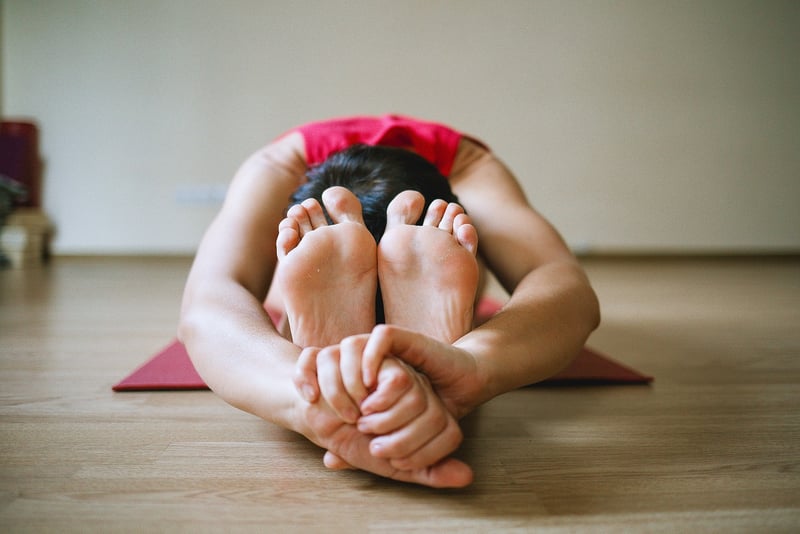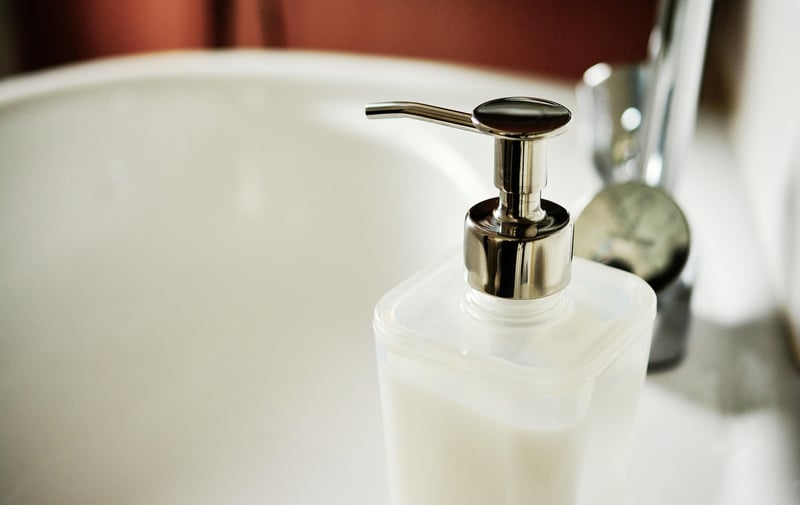Sleep Hygiene Practices
The Importance of Stress Relief and Rest for Better Sleep: Sleep Hygiene Practices
In today's fast-paced world, stress has become a common companion for many. The impact of stress on our overall health, especially on our sleep quality, cannot be overlooked. Incorporating stress relief techniques and good rest practices into our daily routines is crucial for ensuring a restful night's sleep. Let's explore some effective strategies to promote stress relief and enhance sleep hygiene.
1. Mindfulness Meditation
Practicing mindfulness meditation can help calm the mind, reduce stress levels, and improve overall well-being. Allocating a few minutes each day to focus on your breath and being present in the moment can work wonders in promoting relaxation and better sleep.

2. Physical Exercise
Engaging in regular physical activity not only boosts physical health but also has a positive impact on mental well-being. Exercise can help reduce stress hormones, promote relaxation, and contribute to better sleep quality. Aim for at least 30 minutes of moderate exercise most days of the week.

3. Establish a Sleep Routine
Creating a consistent sleep routine can signal your body that it's time to wind down and prepare for sleep. Aim to go to bed and wake up at the same time every day, even on weekends. This practice can help regulate your body's internal clock and improve the quality of your sleep.
4. Create a Relaxing Sleep Environment
Your bedroom environment plays a significant role in promoting restful sleep. Ensure your bedroom is dark, quiet, and at a comfortable temperature. Invest in a comfortable mattress and pillows to create a cozy sleep sanctuary that promotes relaxation.

5. Limit Screen Time Before Bed
The blue light emitted by screens can interfere with your body's production of melatonin, a hormone that regulates sleep. To promote better sleep, avoid screens such as smartphones, tablets, and computers at least an hour before bedtime. Instead, opt for relaxing activities like reading or listening to calming music.
6. Practice Relaxation Techniques
Engaging in relaxation techniques such as deep breathing exercises, progressive muscle relaxation, or gentle yoga before bedtime can help calm the mind and body, preparing you for a restful night's sleep.

By incorporating these stress relief strategies and sleep hygiene practices into your daily routine, you can improve your overall well-being and enjoy a more restful night's sleep. Prioritize self-care and make time for relaxation to reap the benefits of quality sleep.
Remember, a healthy lifestyle, including managing stress effectively and prioritizing rest, is key to achieving optimal sleep quality and overall wellness.
